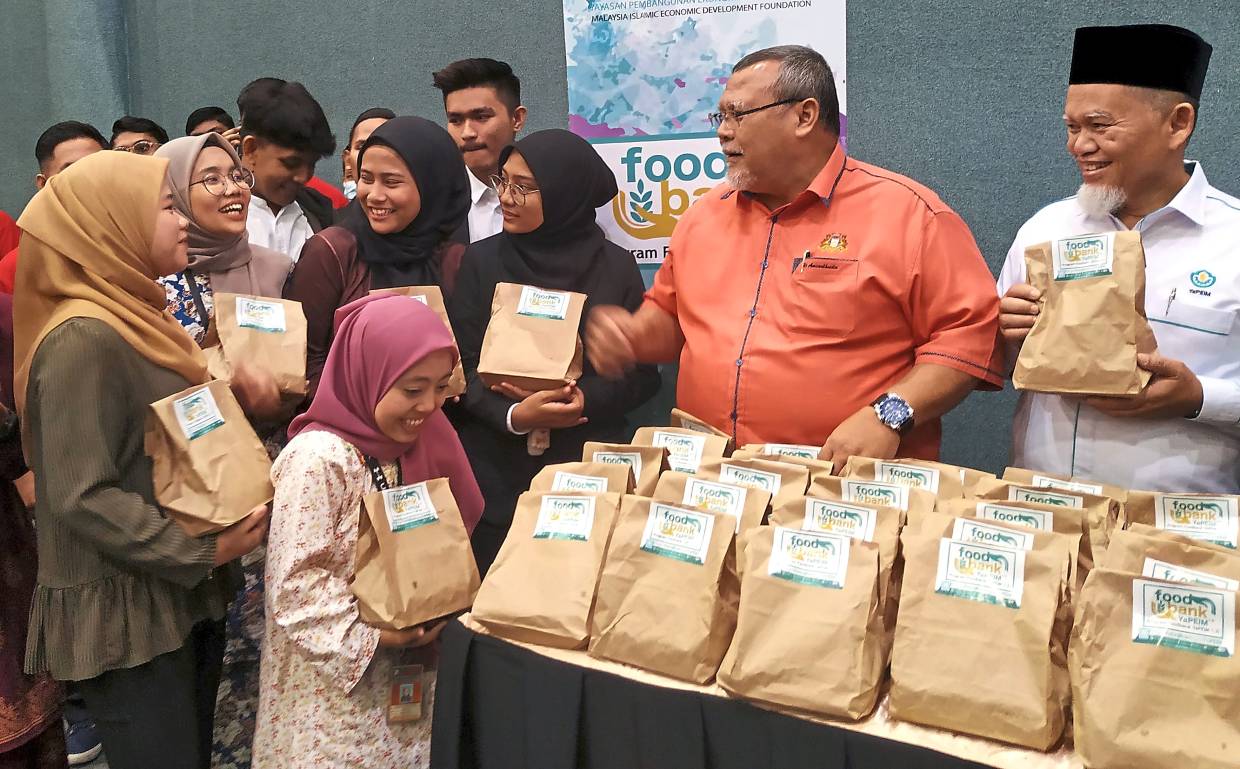Instituted by Municipal Law no 13.327/2002, it aims to collect food from the food industries, retail chains and wholesalers that are outside the commercialization standards, but without restrictions of a sanitary nature for consumption, in addition to food from family farming. These foods are donated to assistance entities, previously registered in the program, thus contributing to the fight against hunger and food waste. The Food Bank team welcomes, selects, separates, and analyzes the quality of the products and delivers them to assistance entities.
These entities are responsible for distributing the food collected to the population, either through ready meals or direct transfers to low-income families. On the other hand, the assisted entities participate in training activities and food and nutrition education. In addition to donations from partners, Banco de Alimentos receives part of the donation raised by the Municipal Program to Combat Waste and Loss of Food, responsible for collecting fruits and vegetables at free fairs and municipal markets in the city that are in good condition. of consumption, but which would be discarded for not having commercial value. The action counts on the partnership of municipal markets and grocery stores, in addition to free fairs scattered throughout the city.

